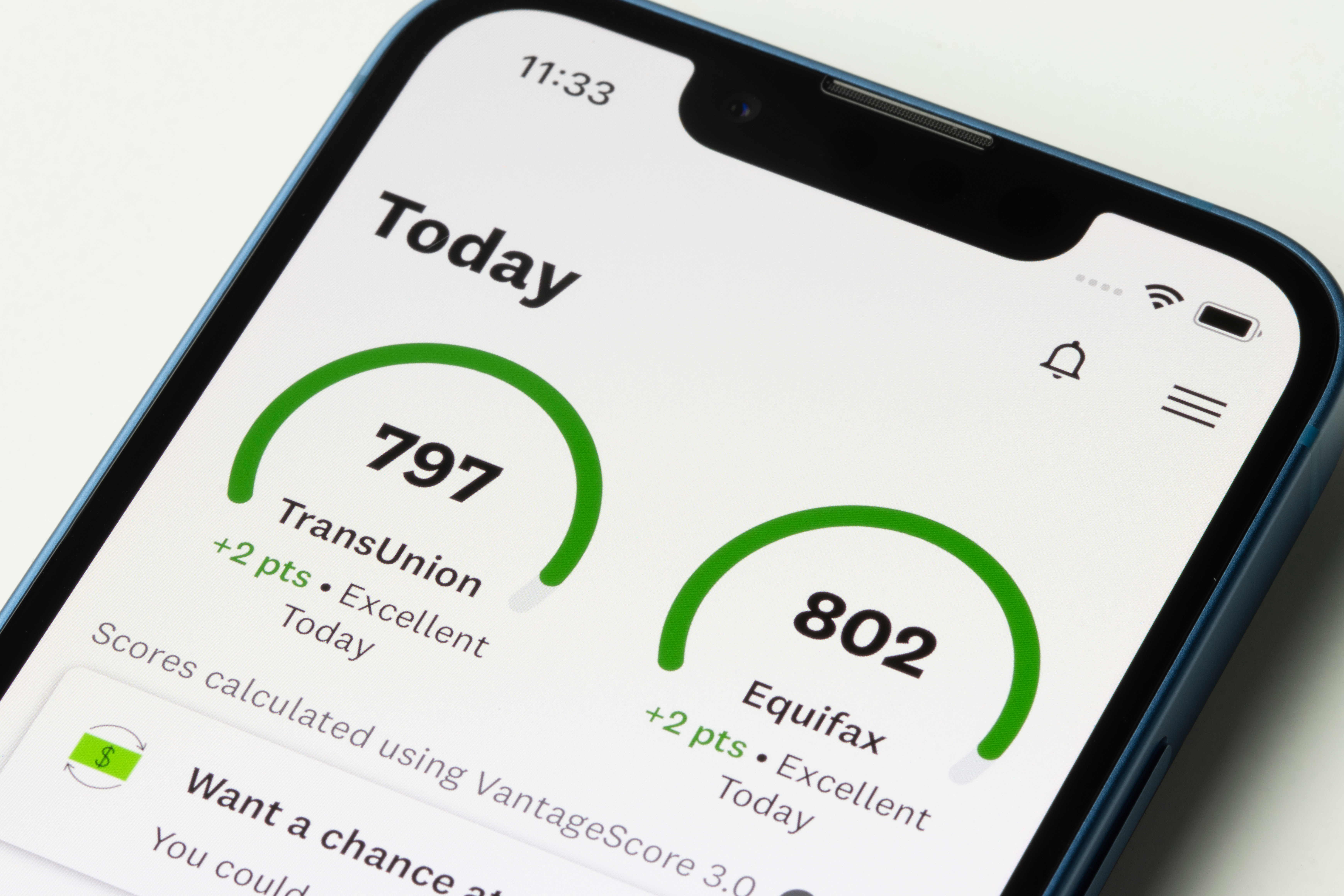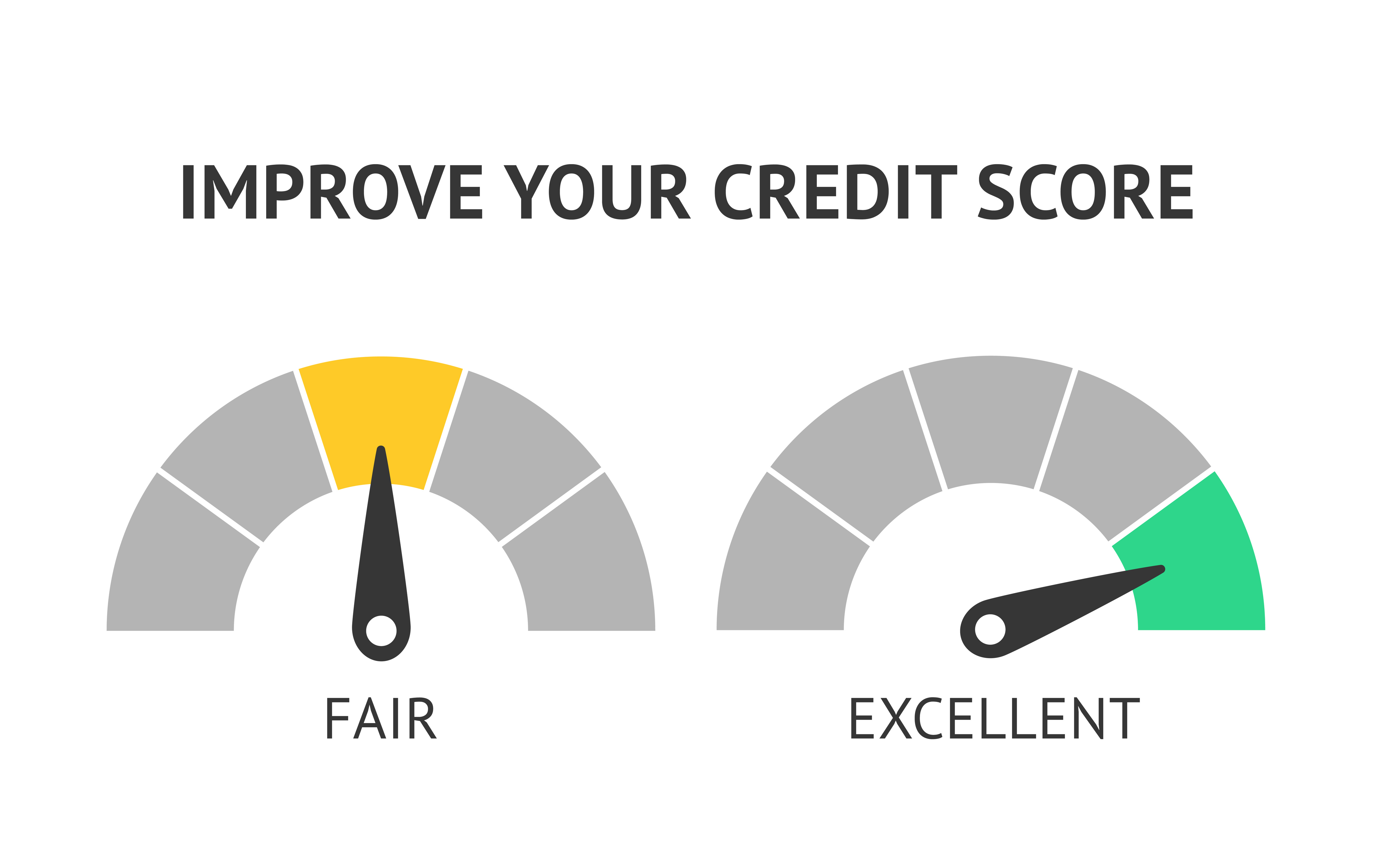Running a B2B business is no easy feat, especially for small and medium-sized companies. If you offer net terms, delayed payments are likely a common issue. Unfortunately, these payment delays can severely disrupt cash flow, which is crucial for maintaining day-to-day operations and ensuring long-term growth.
A 2020 report highlighted that the number of invoices overdue by 90 days had doubled from the previous year, underscoring the challenges small and midsize businesses (SMBs) face with late payments. This situation emphasizes the need for SMBs to find ways to protect their cash flow and avoid financial strain caused by delayed payments.
One effective way to prevent cash flow interruptions is by ensuring you’re working with reliable clients who consistently pay on time. However, predicting a customer's payment behavior isn't always straightforward. That’s where conducting a business credit check becomes vital. This proactive step can help you assess the financial health of potential clients, allowing you to make informed decisions about extending credit and establishing stronger relationships. Additionally, leveraging tools like automated credit checking services can streamline the process, ensuring you’re always in control of your receivables and minimizing the risks of late payments.
What is a company credit check?
Also known as a business credit check, it scrutinizes a company’s financial health. Reports generated from these credit checks help determine a company’s financial reliability by gauging its financial risk level.
A business credit score is a numerical measure of a business’s creditworthiness, determined by several factors. The typical score ranks from 0 to 100, with 0 being high risk and 100 is considered low risk. A high business credit score means that a business is reliable at making payments on time. This also makes it easy for approval on credit applications with competitive rates.
Difference between a personal credit check and business credit checks
While both will provide credit information, a business credit report is public information and if a company has developed a strategy to establish good business credit, the public information will give off a positive signal. As a result, you don’t need permission to conduct a business credit check to acquire a business credit risk score.
On the other hand, a personal credit report is all about gauging personal finance, providing financial information about bankruptcies, liens, credit accounts, and delinquent accounts.
Why you should check another company’s credit score
The majority of small businesses rely on clients’ ability to pay their bills. If a customer fails to make a payment on time, it affects cash flow. This causes a small business owner to make late payments to vendors, leading to long-term adverse effects. A company credit check will give you a ballpark figure of a business’s credit position, crucial for deciding whether doing business with them will be fruitful or end in tears.
As an SMB, you may not have enough staffing to perform a company credit check. A limited budget and a small team may mean discrepancies slipping through and eventually causing significant losses. This is why internal teams should not conduct business credit checks. To build a credit risk management system that really works, hire an independent third-party team that has the expertise to perform the business credit checks on your behalf.
Information contained in a business credit score check
A business credit score report is a document that shows financial credit health. The report may include a company’s financial information, recent credit inquiry history, trade line payment history, and any legal cases the company may have.
The business credit report includes the credit score, which is proof of the company’s financial trustworthiness. Credit reports may have additional information like future financial health predictions, depending on who conducts the credit check. Here’s what you’ll find on a credit score report:
1. Business profile
This is the first thing you’ll likely see on the report. In this section, you’ll find information including:
- Company’s legal name, phone number, and address
- Number of employees
- Incorporation details
- Number of years active
- North American Industry Classification System code
2. Tradeline payment history
This section shows the company’s payment history in the past three years. The report will include details of the company’s first report to the credit bureau, recent high credit lines, payment terms, monthly payments, and maximum credit lines. That information will help you determine whether the company is current or delinquent in credit payments. The tradeline section will also show how many times a company’s been a delinquent in the past 30 days.
3. Commercial financial history
Shows the payment history with lenders, creditors, and insurers. You can also read when the tradeline opened, its terms, and the original and current balance. The section will also indicate whether there are any business loans, credit lines, insurance policies, and equipment leases.
4. Legal filings
If the company has any legal filings, collection reports, or bankruptcies filed with the credit bureau, you’ll find them in this section. Similarly, if there are any judgments, tax liens, or accounts in collections placed in delinquent after 90 days, you’ll find them in this section.
Too many legal filings on a report make it difficult for lenders to grant you financing.
5. Business credit score
The report will show what level of credit trustworthiness your company has. This section will show the credit risk associated with the company, which may foreshadow future credit risk.
Credit scoring models
Credit scoring models are statistical analyses that credit bureaus use to evaluate a person’s creditworthiness. The agencies use statistical characteristics from a person’s credit payment patterns, analyze them and use the results to determine a personal credit score.
The agencies look at payment records, amount of debts, frequency of payments, number of credit cards held, and credit charge-offs. Each factor is given a weight in the model’s formula, and a credit score is then assigned based on the evaluation. The main credit scoring models include:
i) FICO scoring model
This model is considered the most reliable because of its impressive track record. It has been in use since 1989, and over the last three decades, has experienced numerous revisions to help it offer more accurate credit scores.
The FICO model gives people a credit score between 300 and 850. Any score under 600 is poor, while a score above 740 is excellent. A score between 600 and 740 is deemed average. The latest update to this model is FICO 9, released in 2014, which doesn’t place as much weight on unpaid medical bills as previous models. Five factors influence the classic FICO model:
- Payment history – accounts for up to 35% of the credit score. A person scores highly in this category if they do not have liens, lawsuits, foreclosures, or bankruptcies. Late payments reflect negatively on this factor.
- Credit utilization – this factor takes up the next 30% of the credit score. A personal tip–never spend close to your limit as this tends to lower the score a little bit.
- Credit history – this accounts for 15% of the score. The longer a person has owned a credit card, the better.
- Types of credit – this takes up 10% and depends on the number of forms of credit a person has. To boost a credit score rating, always have several credit cards.
- New credit – lastly, new credit takes up the final 10%, indicating how often a person takes out a new credit card. Too many cards, too fast, is usually a red flag.
ii) VantageScore model
This model was introduced in 2006 and resulted in Experian, TransUnion, and Equifax providing some competition. Some of the data the VantageScore considers are low credit card balances, timely payments, bank accounts, and avoiding new credit obligations. Here are some of the factors this model takes into account:
- High weight – payment history and whether a person pays on time are the top indicators of risks.
- Extreme weight – the duration of possession and type of credit, depending on how long a person has had a credit card and what kind of credit they have.
- Extreme weight – credit utilization is another crucial factor as keeping utilization under 30% is essential to ranking highly in this category.
- Medium to low weight – total balances, recent behavior, and available credit least affect credit scores.
The last changes to the VantageScore model were in 2017, where a person paying debt ranks higher than one slowly accumulating credit.
Major business credit score reporting bureaus
Business owners or business partners can conduct a quick credit check by consulting these credit scores’ providers. A good business credit score is generally proof of a company’s financial stability.
While a company may not always have identical credit scores across all the credit reporting agencies, they are great for credit monitoring as they use different scoring methods or models. All these bureaus offer one annual free credit report.
a) Experian
The Experian business credit report offers insight into a business’s risk potential on a score of 1-100, with a high score signifying low risk.
Additionally, the company uses the FICO 8 credit score to produce a credit report. Experian also offers protection against identity theft.
b) Dun & Bradstreet
Dun & Bradstreet (D&B) boasts a database with millions of business records. However, you must set up your business credit file manually before they start compiling your credit score information. The bureau collects business information from multiple sources, like public records.
D&B provides a business failure score, which predicts whether a business is on a sound financial footing, consisting of the Paydex score range from 1 to 100. A higher score means a better payment history.
c) Equifax
The bureau produces detailed yet easy-to-read reports. An Equifax credit report also includes liens against the borrower’s assets and debts owned by collection agencies.
Equifax has a credit score ranging from 280 to 850. This bureau uses the same factors, such as FICO, so a high Equifax business credit normally equals a high FICO.
d) Nav
It is a comprehensive business credit report service that compiles all the credit scores and reports from the other credit reporting bureaus. It also offers business credit scores notifications.
Shortcomings of traditional business credit checks
Generally, credit reporting agencies use factors like payment history, current debts, length of credit history, credit utilization, and the number of open accounts to determine a credit score. However, this is not always suitable as only 54% of adults in the US have prime or super-prime credit scores. Several other factors may affect a credit score that the leading credit reporting agencies may not consider.
Alternative credit reporting agencies look at other factors that favor people who don’t have a strong credit past. These factors include checking account data, shopping history, property records, and payments on utilities, rent, and cell phones.
Some alternative reporting agencies may also look at a borrower’s occupation, education, and social media presence. One such company that uses alternative factors, in addition to traditional ones, is Resolve.
Solving the shortcomings of traditional credit checks
Using your own team for credit checks is never a good idea. While it may look simple on paper, performing a credit check will take more than just a few clicks. It is a lengthy-information gathering process that may take weeks to complete. This is why many companies are moving their credit management onlineand outsourcing all credit checking duties to companies like Resolve. Companies like Resolve have dedicated experts that can dive deep into a company’s financials, offering an in-depth report of their credit. With Resolve, your customers don’t have to fill out lengthy forms. All they need to conduct the credit check are a name and address. What’s more, it is all for free.
In addition to simplifying and streamlining your B2B credit risk, Resolve can also manage your complete net terms. This means that even though your clients may not pay immediately if they are terms, you can still receive a payment immediately. Resolve then handles the net terms on your behalf.
Instant payments mean fewer cash flow interruptions, thus allowing you to grow your business comfortably. The prompt payments also help reduce your financial risk, increasing your company’s credit score and credibility.
How finance providers use credit scores
Lenders, like banks and credit card companies, use a credit score to determine the potential financial risk of lending money to individuals or companies to mitigate any potential losses resulting from bad debts.
Other organizations that use credit scores to determine what rates to charge you include insurance companies, mobile phone companies, government departments, and landlords.
How can I improve poor credit scores?
A good credit rating entitles you to lenders’ best interest rates and terms. Below are a few ways to boost your credit profile and increase credit scores.
- Pay credit card balances strategically: always use less than 30% of your credit card limit. Pay the balance before the billing cycle ends.
- Ask for a higher credit limit: having a higher credit limit but with the same balance helps lower credit utilization, raising the credit score. A higher income and a positive credit history help boost the chances of getting a higher credit limit.
- Become an authorized user: if a friend or relative has a high credit limit, ask to become an authorized user on their card. This will reflect on credit reports, and you can benefit from their positive payment history.
- Use secured business credit cards: This is a credit card backed by an amount of money in your account. Usually, the amount is the same as the credit card limit. Continue to use it like a regular credit card, and the on-time payments you make will help build credit.
- Always pay bills on time: none of the other strategies will work if you are consistently late on payments. Unfortunately, a late payment will continue to reflect on credit card reports for at least seven years in some cases.
Final word – Do we really need to conduct company credit checks?
You may not realize it yet, but any business will profit immeasurably by incorporating business credit checks in their sales practice. That way, you can weed out the bad customers from the good ones. If you're interested in outsourcing all of your credit practices, learn more about choosing the right B2B credit management system.
With reliable credit checking and trustworthy credit decisions issued by reputable solutions like Resolve, you will end up only transacting with reliable customers who will pay you on time.
Interested in outsourcing your credit checks? Try Resolve's proprietary "quiet business credit checks" for yourself - for free.








